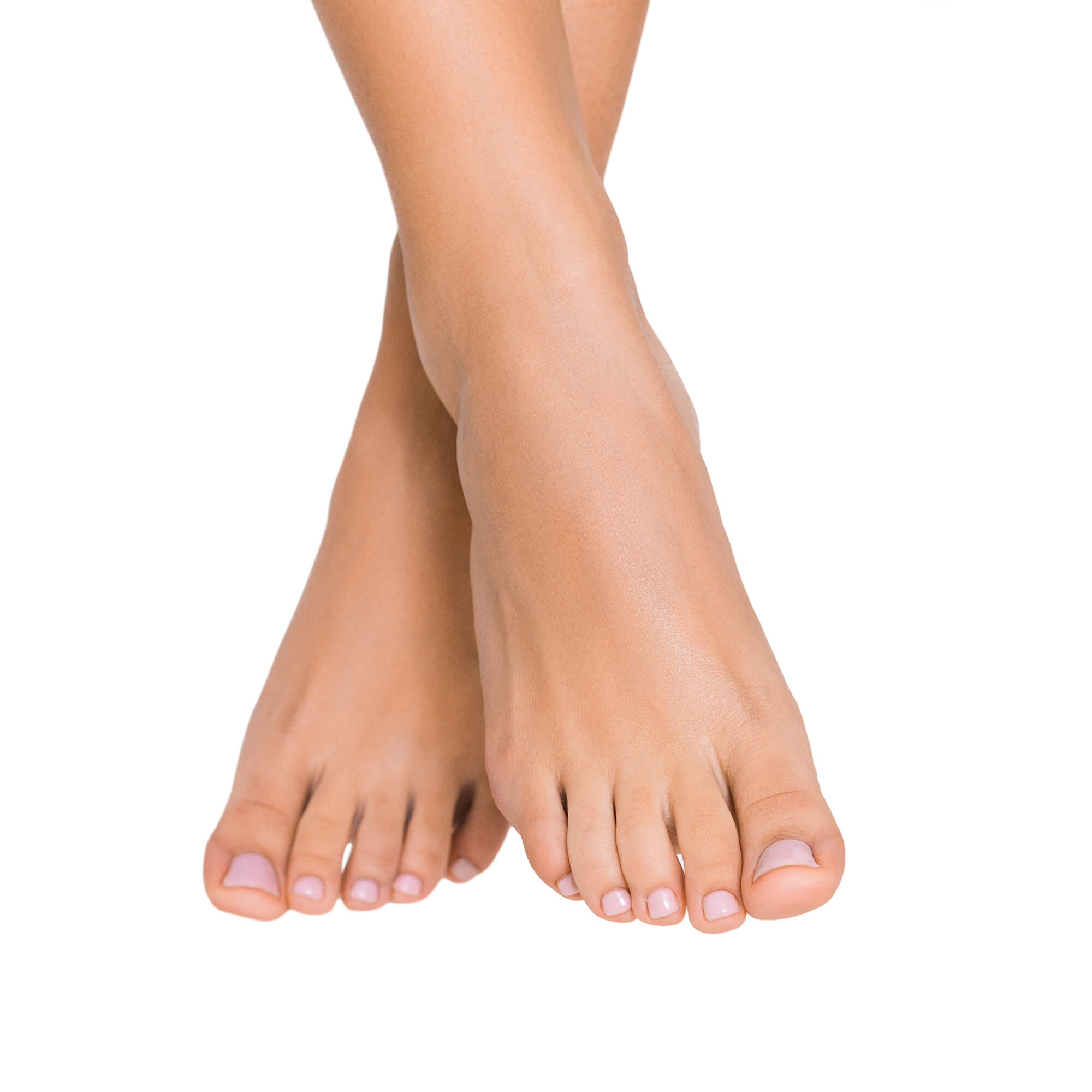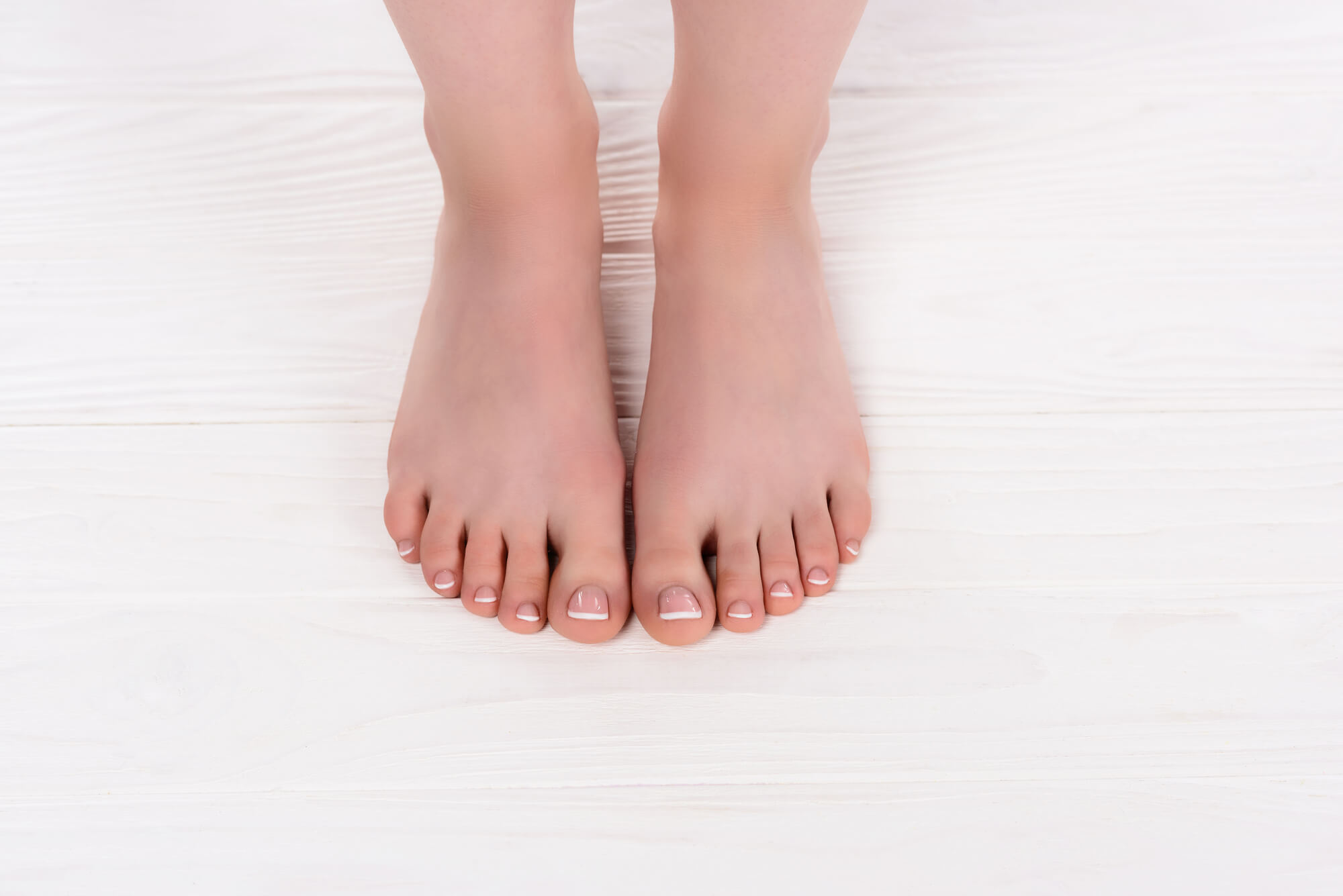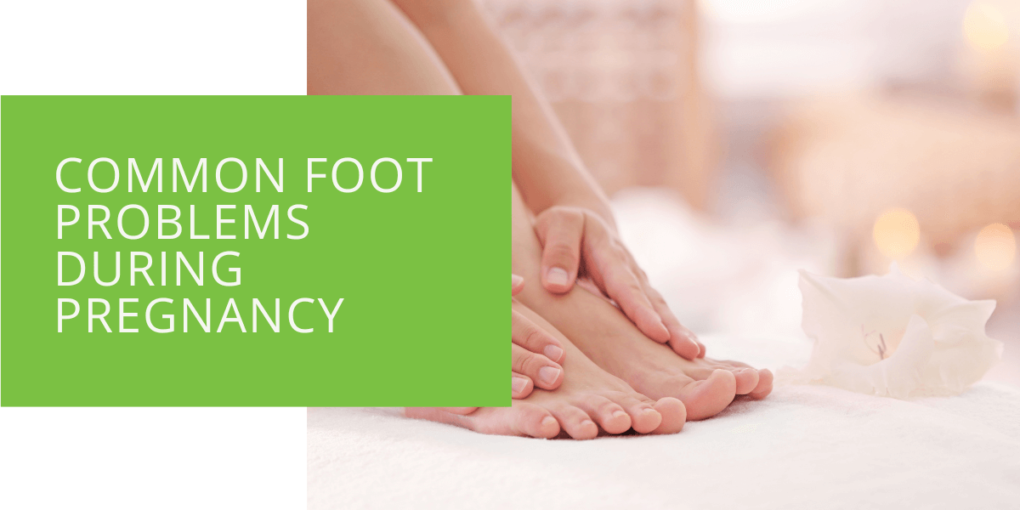Common Foot Problems During Pregnancy
Pregnancy is an exciting time for many women, but it can also come with its fair share of discomforts and pains. One area that can be particularly problematic is the feet. Foot problems during pregnancy are quite common, and it's important to address and treat these issues to maintain comfort and mobility during this important time. This article will explore the causes of foot problems during pregnancy, common foot problems that pregnant women may experience, and ways to prevent and treat these issues.
Causes of Foot Problems During Pregnancy
Several factors can contribute to foot problems during pregnancy. One of the most significant is the weight gain and changes in the center of gravity during pregnancy. As the baby grows and the belly expands, the body's center of gravity shifts. This can cause the feet to flatten and the arches to lower, leading to problems like flat feet.
Hormonal changes during pregnancy can also affect the ligaments and joints in the feet. The hormone relaxin is released during pregnancy, which helps to relax and loosen the ligaments in preparation for childbirth. While this hormone is necessary for delivery, it can also cause the ligaments in the feet to become more lax, leading to problems like flat feet or overpronation.
Edema, or swelling in the feet and ankles, is also common during pregnancy. This is due to the extra blood and fluids produced to support the growing baby. The extra weight of these fluids can put extra strain on the feet and lead to pain and discomfort.

Common Foot Problems During Pregnancy
There are several foot problems that pregnant women may experience during pregnancy. Some of the most common include:
Flat Feet
As mentioned earlier, pregnancy can cause the feet to flatten and the arches to lower. This can lead to flat feet, which can cause pain and discomfort in the feet, ankles, and lower legs.
Plantar Fasciitis
This is a common cause of heel pain during pregnancy. It occurs when the plantar fascia, a band of tissue that runs along the bottom of the foot, becomes inflamed. This can cause pain and discomfort when walking or standing for long periods.
Bunions
Bunions are bony protuberances that can form on the side of the foot, often at the base of the big toe. Pregnancy hormones can cause the ligaments in the feet to become more lax, leading to the development of bunions or making existing bunions worse.
Overpronation
Overpronation occurs when the feet roll inward excessively when walking or running. This can put extra strain on the feet and lead to pain and discomfort. Pregnancy hormones can cause the ligaments in the feet to become more lax, leading to overpronation.
Metatarsalgia
This type of foot pain occurs in the ball of the foot, often due to the extra weight and pressure being placed on this area during pregnancy.
Ingrown Toenails
Pregnancy can cause swelling in the feet, making it more difficult to fit into properly fitting shoes. Wearing shoes that are too tight can lead to ingrown toenails.

Prevention and Treatment of Foot Problems During Pregnancy
There are several things that pregnant women can do to prevent and treat foot problems during pregnancy. These include:
Wearing Proper Footwear
It's important to wear shoes that fit properly and provide enough support for the feet. Avoid wearing high heels or shoes with a narrow toe box. Instead, opt for shoes with a wide toe box and good arch support. It's also a good idea to have your feet measured regularly during pregnancy, as your shoe size may change as your feet swell.
Stretching and Strengthening Exercises for The Feet and Ankles
Stretching and strengthening the muscles in the feet and ankles can help to prevent and treat foot problems during pregnancy. Some simple exercises that can be done at home include toe curls, ankle circles, and calf raises.
Using Arch Supports or Orthotic Inserts
Arch supports or orthotic inserts can help to provide extra support for the feet and reduce pain and discomfort. These can be purchased over the counter or custom-made by a podiatrist.
Using Cold Packs to Reduce Swelling
Applying cold packs to the feet and ankles can help to reduce swelling and discomfort. This can be done a few times a day for about 15-20 minutes.
Seeking medical treatment for persistent or severe foot problems
If foot problems persist or become severe, it's important to consult a healthcare provider. A podiatrist, or foot and ankle specialist, can provide personalized treatment recommendations and possibly create custom orthotics to help alleviate foot pain.
Conclusion
Foot problems during pregnancy are common, but they can be effectively managed with proper prevention and treatment measures. From flat feet to plantar fasciitis, it's important to address and treat these issues to maintain comfort and mobility during pregnancy. If you are experiencing foot pain during pregnancy, don't hesitate to consult a healthcare provider for personalized treatment recommendations. Wearing proper footwear, stretching and strengthening exercises, using arch supports or orthotic inserts, and using cold packs to reduce swelling can help prevent and treat foot problems during pregnancy.
FAQ
When should I be concerned about my feet during pregnancy?
If you are experiencing persistent or severe foot pain during pregnancy, it's important to consult with a healthcare provider. Various factors can cause foot pain, and it's important to identify the underlying cause to treat it properly. Even if the foot pain is not severe, it's a good idea to address foot problems during pregnancy to maintain comfort and mobility.
What are the foot issues during pregnancy?
Some common foot problems during pregnancy include flat feet, plantar fasciitis, bunions, overpronation, metatarsalgia, and ingrown toenails. These issues can cause pain and discomfort in the feet, ankles, and lower legs.
Which part of the foot hurts during pregnancy?
The location of foot pain during pregnancy can vary depending on the underlying cause. For example, flat feet and overpronation can cause pain in the arch of the foot, while plantar fasciitis can cause pain in the heel. Metatarsalgia can cause pain in the ball of the foot, and ingrown toenails can cause pain in the toes.
What is the reason for foot pain during pregnancy?
Several factors can contribute to foot pain during pregnancy. These include weight gain and changes in the center of gravity, hormonal changes that affect the ligaments and joints, and edema (swelling) in the feet and ankles. Wearing improper footwear, standing or walking for long periods, and carrying extra weight can also contribute to foot pain during pregnancy.

